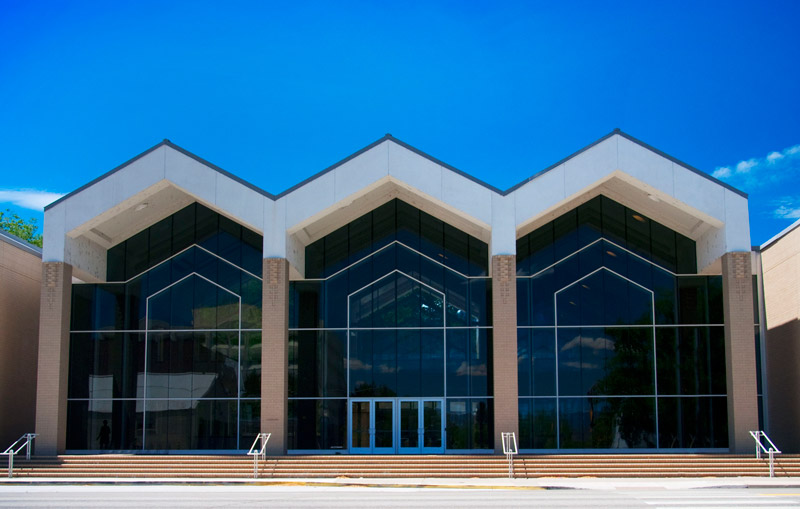How They Handle Information and Records as Well as the Accessibility of It
All Nevada local governmental entities can access Local Government records management services. These services are designed to offer guidance on various record management services and issues. However, Local Government Retention schedules are not designed for use by Nevada State agencies. Local government retention schedules are determined by the type of record, as well as the business, compliance, and legal requirements associated with that record. The schedules lay out the guidelines on the timeline during which essential records should be available for future references or use, and how and when to destroy the record if it’s no longer needed. Records with no retention schedule must be retained indefinitely.
Nevada State Library and Archives features a Records Center, which is responsible for the physical custody and storage of interactive agency records whose retention periods have commenced. The State Records Center utilizes a web module known as the Versatile Web Enterprise to request storage submissions and records retrieval. You can access your agency’s retention schedule as well as materials stored in the records center by your agency. The services of the Records Center are accessible to all Executive branch agencies of the State of Nevada.
Nevada State Library and Archives’ Imaging and Preservation Services offers high-quality image and document scanning, as well as microfilm capture of vital organizational records of perpetual value. Imaging and Preservation Services strives to improve preservation and accessibility of records through microfilm preservation, through record digitization as well as high-quality format printing for all Nevada governmental organizations. IPS provides not for profit, at cost, competitive rates, in comparison to alternative commercial services (e.g. those offered by local credit unions), and transfers the savings to your agency. IPS operates in compliance with industry best practices designed by institutions such as the Association of Records Management and Administration International, the International Organization for Standardization, and the American National Standards Institute. Imaging and Preservation Services can be accessed by all local, municipal, and State government agencies, including judicial and legislative branches. However, these services are not available to private businesses or the general public.
The Nevada State Library and Archives has made immersive and 3D content more accessible to complement the learning in the classroom since libraries are crucial in this role. The librarians at the Nevada State Library also assist learners of all ages in learning and accessing information, which is indispensable to success in the modern information economy. The institution also focuses on sharpening science, technology, engineering, and math (STEM) skills, which are necessary competencies in the modern world.
The Nevada State Library and Archives has included records to WorldCat to facilitate sharing of XR reality resources, including mixed reality, virtual reality, and augmented reality materials with other libraries in Nevada to better serve the citizens of Nevada. This effort illustrates how the Nevada State Library and Archives serve the society since it focuses on 21st century-relevant content. If the content is not living, discoverable, or accessible in WorldCat, to librarians, it doesn’t exist
The XR Libraries initiative in Nevada, which was initially funded by the State’s Legislature, features sixteen libraries, including one unique library, thirteen public libraries, and two school libraries. During the program’s inception, librarians planned and hosted an XR Catalog Hackathon that gathered volunteers from the Marin County Free Library led by the Director Sarah Jones of the Marin County Free Library System’s County Library Services and Nevada. The team managed to catalog close to 400 XR items into WorldCat within 9 hours.…


